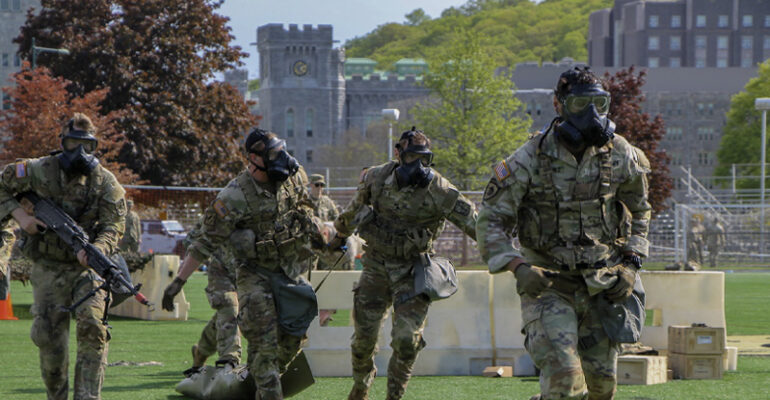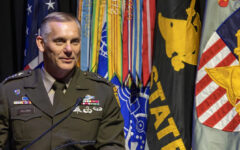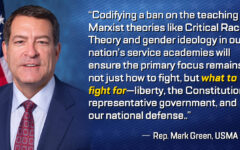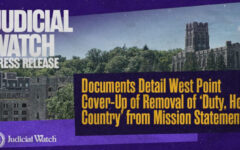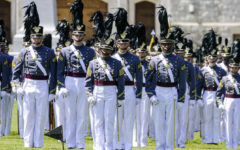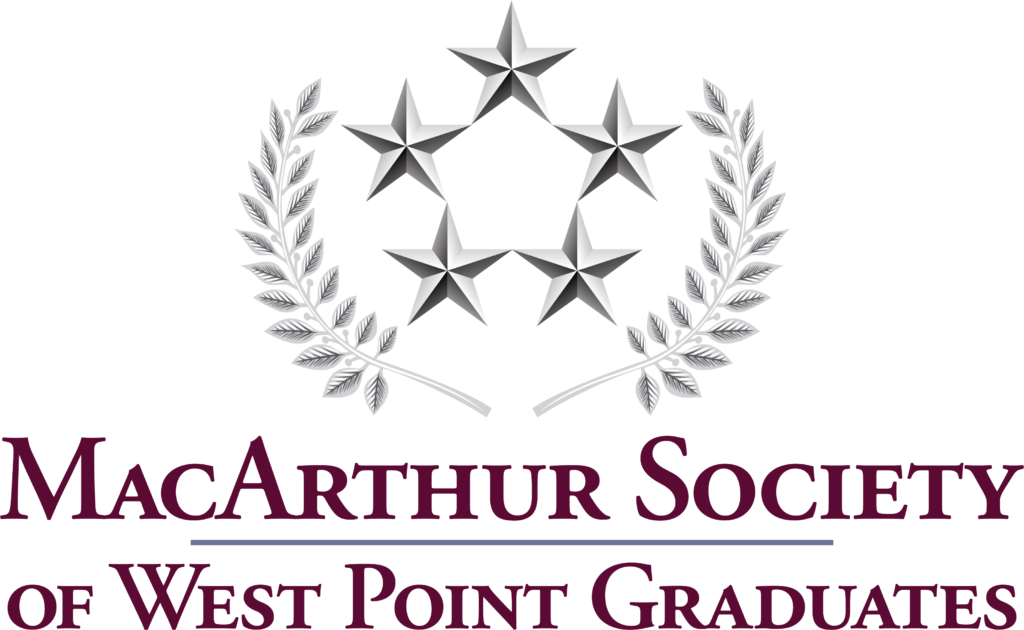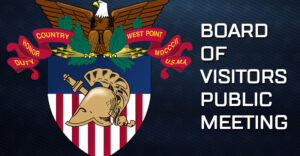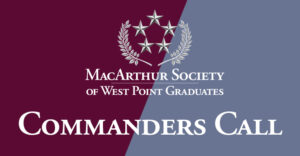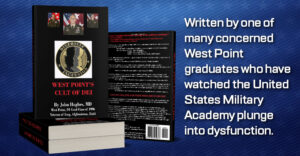There Are No Race Theorists in Foxholes
16 May 2025 2025-05-20 18:08There Are No Race Theorists in Foxholes
By Doug Philippone, West Point graduate, former Army Major
When the U.S. invaded Iraq in 2003, I was commanding a Third Infantry Division unit and used West Point’s lessons on jus in bello, or justice in war, to keep my soldiers humane. That moral clarity forged in the U.S. Military Academy guided me in Baghdad and through five subsequent combat tours.
Yet last week Graham Parsons, a West Point philosophy professor, announced his resignation, arguing that curriculum changes driven by President Trump’s executive order stifle education.
The order, guiding West Point’s curriculum review, bars teaching certain theories, including gender ideology and ones that label America’s founding documents as racist or sexist.
Mr. Parsons claimed that “censoring” undermines critical thinking and risks indoctrinating cadets.
He is wrong.
To meet war’s moral demands, West Point, under civilian control as the Founders designed, must make a priority of training officers in classical ethics, not debating social experiments.
West Point serves the president in his role as commander in chief, a principle enshrined in the Constitution and Federalist No. 69, in which Alexander Hamilton addressed fears of military tyranny.
The Founders, haunted by examples like Oliver Cromwell’s New Model Army, which toppled civilian rule in England’s Civil War, crafted civilian control to ensure that the military serves not its own agenda but the people’s will.
By balancing presidential command with congressional checks, the Founders prevented a standing army from oppressing citizens or staging coups.
Mr. Trump’s order aligns West Point with this mission, refocusing education on military readiness and not divisive ideological debates.
In an era of global threats, the Army needs warriors trained to execute civilian orders, not academics exploring intellectual trends.
In a packed, four-year program of academics, military drills and physical training, West Point hones cadets into leaders.
The philosophy department, where Mr. Parsons taught, is pivotal, teaching jus ad bellum, the ethics of when to wage war, as well as jus in bello, how to fight justly, using texts by Thomas Aquinas, Hugo Grotius and other thinkers. These principles prepare officers for combat’s moral weight, unlike the academic diversions that Mr. Parsons defends.
West Point isn’t a civilian university. Its graduates face life-or-death decisions, and every moment of training must sharpen that focus.
I learned this in battle during the invasion of Iraq. Weeks of heavy combat tested my unit, and soldiers under my command died or suffered life-altering injuries. As soldiers risked descending into barbarity with the heavy fighting, I made jus in bello our moral pillar.
That’s where our training really proves its worth. All young officers will encounter excruciating moral dilemmas and must be prepared for them.
Even amid the dangerous chaos of wartime, West Point’s ethics were clear.
History is littered with examples of humans devolving into barbarism without moral anchors. West Point’s classical ethics training counters these tendencies, ensuring officers lead with integrity.
If cadets instead are devoting time to racial and gender studies, they miss that crucial foundation.
Mr. Parsons’s call for unrestricted academic freedom risks diluting this focus, potentially leaving cadets unprepared for the battlefield.
West Point’s mission is to forge officers who lead with character and discipline and win wars under civilian direction.
The changes Mr. Parsons decries—curbing ideologies that divide rather than unite—strengthen this purpose, ensuring that cadets master the ethical principles that guided me and thousands of other officers.
On a recent visit to West Point, I saw the commitment, fitness and readiness of today’s cadets.
West Point is, and our nation will ensure it remains, the most elite military academy in the world.
Mr. Philippone is a founder and general partner of Snowpoint Ventures. He served as a U.S. Army major.

